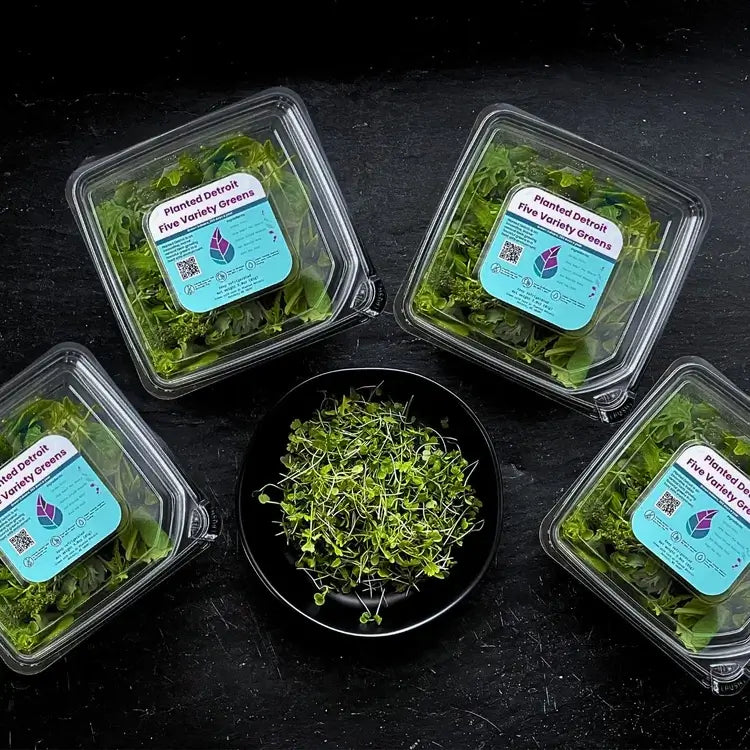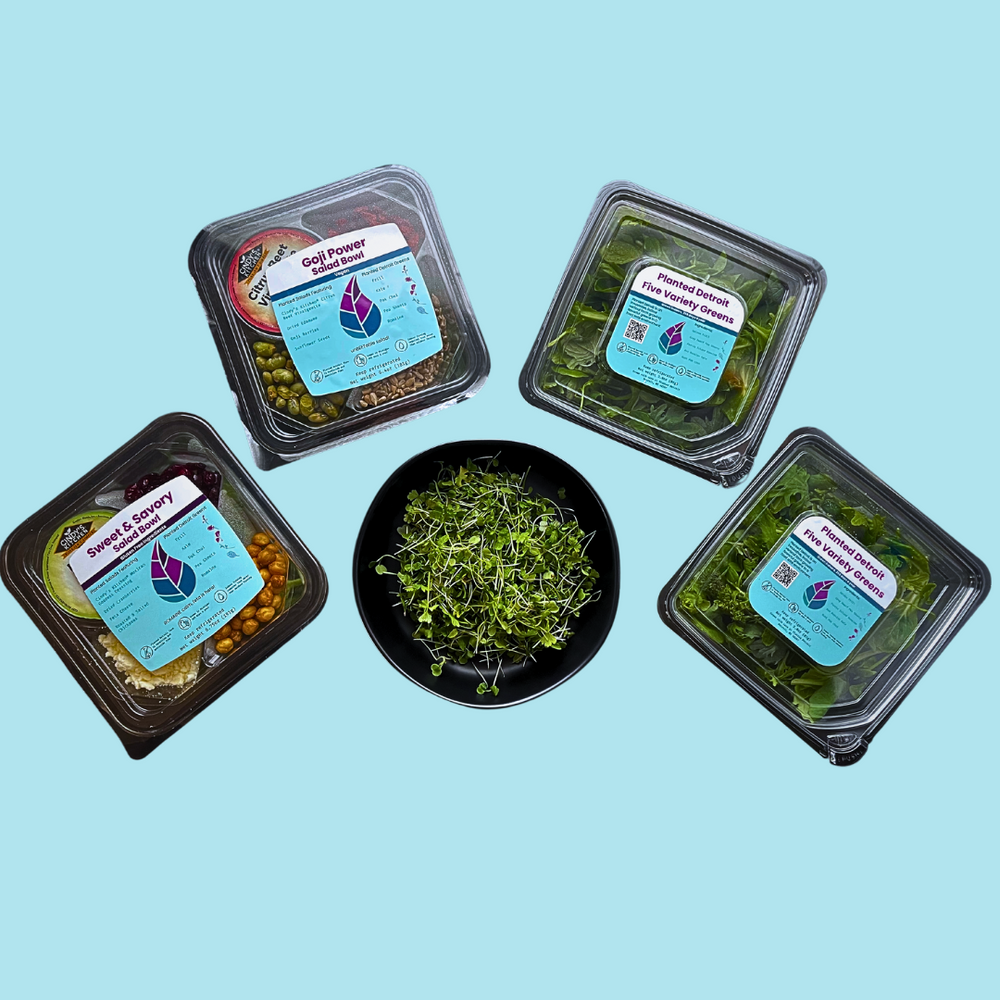
Meg, our Leader of Business Development, came to us back in 2018 from the world of grocery. Versed in produce buying, seasonality, and which grocery stores have the best snacks (Trader Joe's obviously), who better to write about the different types of crops that reach us through grocery stores and farmers markets across the country?

There are two main categories of crops grown in the U.S. and around the world: specialty crops and commodity crops. Specialty crops are diverse in flavor, color and nutrient content, and they are the backbone of cuisines all over the world. We wouldn’t have the flavors of guacamole if we didn’t grow and harvest avocados, limes, cilantro and jalapenos nor would we enjoy the rich nuance of our Thanksgiving feasts without abundant crops of sweet potatoes, green beans, onions and sage. Specialty crops are those grown for primary consumption, meaning immediately after harvest those fruits and vegetables will be sold to restaurants, grocery stores or consumers to be eaten just as they are.
The crops that we grow here at Planted Detroit - baby greens, herbs and microgreens - are considered specialty crops. Not only are they intended to be eaten as whole foods, Planted Detroit produce is eaten very quickly after it is harvested - meaning the nutrients are at their highest levels and the flavor is unmatched.
Commodity crops, on the other hand, are indistinguishable from each other and are usually grown for processing. The big four commodity crops of wheat, corn, soybeans and rice are grown in mass quantities and often become something much more refined before a consumer would eat it (for example, wheat becomes flour, corn becomes high fructose corn syrup, soy soybeans become soy lecithin). Another way to think of these crops is as future ingredients for processed foods. While the ingredients these crops eventually become are important to our current food system, they are less nutritionally dense, less diverse in flavor, and less accessible than specialty crops.
So why does this distinction matter? It’s a matter of the numbers. Almost HALF of the world’s arable land is utilized to grow commodity crops. While these crops definitely contribute to the global economy in a number of ways, they require a lot of manufacturing energy to be effectively metabolized by our bodies - making them an inherently less sustainable crop. They also incur many more food miles being shipped from field to processor to food manufacturer to distributor to grocery store, before finally coming to rest in your home kitchen.
The good news is that the way we grow specialty crops here at Planted Detroit - closer to you and using relatively more sustainable agricultural practices - contributes more value to our local food economy than a comparable commodity crop farm might. Not only are we shortening food miles, we are also contributing more nutrient dense, healthful foods to our local food system. We also think they are pretty darn delicious.
One of the things that gets us excited every day about farming the way we do here is the chance to be a positive stakeholder in our community. Here in Detroit, we have a rich and storied history of food sovereignty as well as an unfortunate lack of fresh food resources in neighborhoods where families live. By offering affordable delivery right to your door, Planted can bypass some of those obstacles. While we acknowledge that we are only contributing a small part of the solution to food insecurity, we hope we are making it a little easier for Detroiters to eat more healthfully, closer to home.


